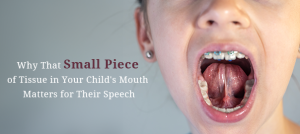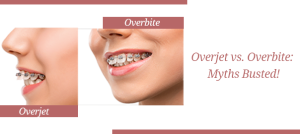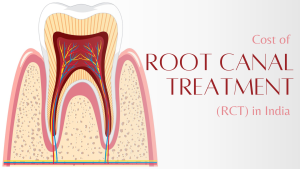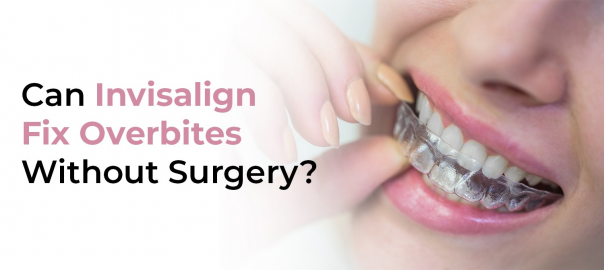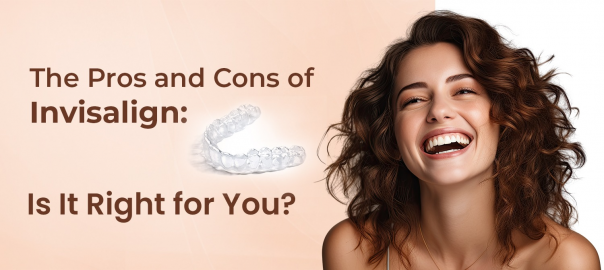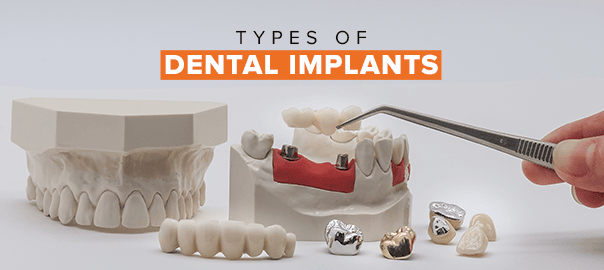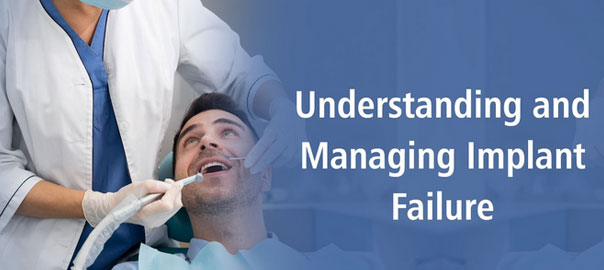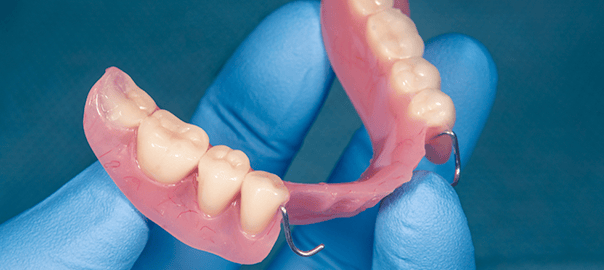
Five Things You May Experience When Getting Partial Dentures
Dentures are the best replacement for your missing teeth if you do not wish to undergo invasive procedures like implants or crowns. You can get complete or partial dentures depending on the teeth present in your mouth. They function and look just like your natural dentition. However, they don’t necessarily feel like naturals, but you get used to them with time.
With the advancement in technology, dentures have become more customized and comfortable. They fit snugly to your gum design and are retentive enough to bear the load of chewing.
Fixing a prosthesis in the mouth will surely require some adjustments. When you receive the new dentures, you may have issues with yawning, speech, chewing etc. You may also experience discomfort, especially if you’re wearing partial dentures for front teeth. Thus, it is important to know about the five basic things you will experience when getting dentures.
What to Expect With Partial Dentures?
Dentures can be your mouth’s best friends if you know how to wear and take care of them. You may take some time to get used to your new set of teeth or start biting on your favourite meals right from day.
- Either way, you will be super excited about your new dentures.
To make the whole experience smooth and hassle-free, the dental experts at Clove Dental have made a list of five things you may experience after getting your first denture.
You May Have Sore or Red Gums
The denture sits on the gums, and sometimes, if the upper partial dentures or the lower jaw partial dentures do not fit well, it can make the gums red and sore. The sore spots may be because of the tipping of the denture, sharp edges on the inner side, ill-fitted edges or excessive pressure on the gums.
It is important to note that the design and edges of the gums also play an important role. If the gums are sharp and have narrow edges, they can also be the reason for ill-fitting dentures, as there is no rest for the denture.
What to do?
Talk to your dentist about the redness of your gums, and if required, they will trim the denture according to your gum contour. If the gum shape is the issue, your dentist may perform gum augmentation procedures to provide support.
- Your Speech May Get Slurry For A While
Your tongue, muscles, and the rest of your teeth are used to your natural dentition. So, when you start wearing dentures, it may take some time for the teeth to get adjusted to the new prosthesis. Thus, you may experience some difficulty in speech or in saying specific letters like ‘s’, ‘l’, ‘r’ and some voice notes like ‘ah’, ‘oh’ etc.
What to do?
Your dentist may help you practice the speech and pronunciation of some words. Mostly, the problem arises when the partial denture for the front teeth is worn. Your dentist may also trim the denture based on the edges and overhangs.
- You May Temporarily Have An Altered Taste
However, the teeth do not have taste buds, but they can still alter the taste of some foods. While wearing the denture, whether full or partial, you may not be able to chew the food as effectively as you did with your natural teeth, which may change the food’s taste. The good news is that partial dentures will have little or no effect on your taste when they fit well.
What to do?
If you still experience loss of taste, try cleaning your dentures regularly. If the problem persists, your dentist may advise you to go for implants or may trim the denture to reduce the area it covers.
- You May Have To Follow Some Food Restrictions
While the dentures help you eat and chew, there may be some food restrictions when you wear them. However, partial dentures do not need a lot of food restrictions, but your dentist will advise you to avoid sticky foods, hard candies, nuts, chicken or more until the denture sits well.
What to do?
For a few days following the denture, eat soft foods like mashed potatoes, juices, rice, etc. Once you are comfortable chewing, you may slowly switch to hard foods.
- You Will Have To Take Care of Partial Dentures
Maintaining dentures is an important part of keeping your oral health in check. Avoid build-up of stain, food lodgement, or prolonged denture wear to ensure proper cleaning of the prosthesis. If you use denture creams or adhesives, ensure that you clean them every day before wearing them.
What to do?
Soak your dentures in the denture solutions or with the cleaning tables in water overnight. To ensure no food is stuck in the denture, clean with a brush with soft bristles.
Getting Partial Denture is Easy With the Experts
Dentures are for everyone who wishes to replace their teeth without any surgery. Like all the other procedures, wearing dentures may cause some problems, but with the team of expert dentists at Clove Dental by your side, wearing dentures and getting used to them will be a smooth sail. Our dentists understand the concerns of first-time denture wearers and provide solutions to every problem facing them.
If you have missing teeth and are looking for partial dentures in the upper jaw, lower jaw or front teeth, visit your nearest Clove Dental Clinic today.
Leave a Reply
Leave a Reply
POPULAR POST







